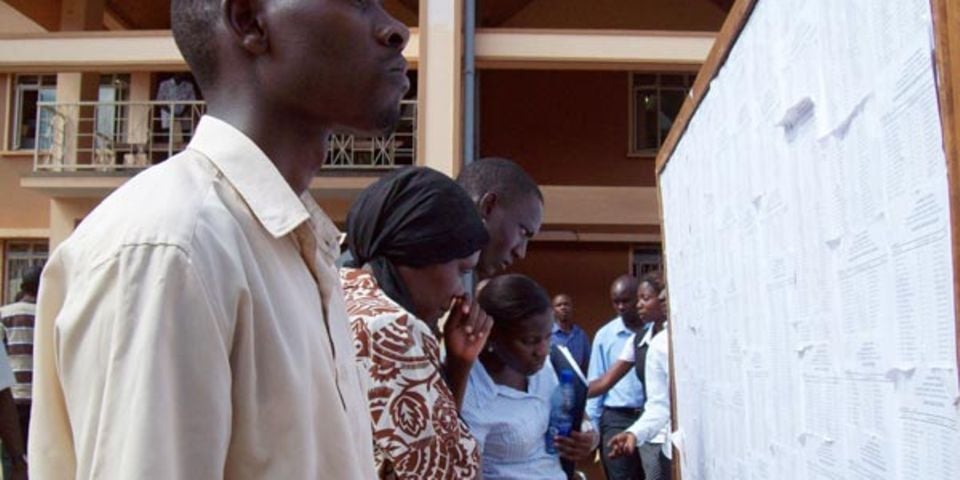Prime
Expired degrees: NCHE calls varsity heads for meeting

Prof Mary Okwakol, executive director of National Council for Higher Education (NCHE). PHOTO/FILE
What you need to know:
- The regulator seeks solutions to the crisis that has rocked the country this week.
The National Council for Higher Education (NCHE) yesterday said it has invited heads of universities and other institutions of higher learning for crisis meetings beginning next Thursday.
Prof Mary Okwakol, the executive director at NCHE, told journalists during a media briefing at State Lodge Nakasero in Kampala that vice-chancellors and principals will join the council in searching for answers when they meet.
Part of the agenda is to find a common approach to ensuring quality education, as well as to discuss proposals on how to increase the lifespan of academic grammes, she said.
“We shall meet the vice-chancellors of universities on June 1 and principals for technical institutions on June 2. We shall be able to come up with amicable solutions to these problems,” she said.
Crisis
The meetings come in the wake of shocking revelations that universities have been teaching and graduating students under academic programmes labelled as expired by NCHE, having outlived the duration for which they were accredited.
One consequence of running unaccredited programmes, as prescribed by the law, has been to render graduates holding the resulting qualifications unable to gain admission for further studies in universities abroad, it emerged this week.
Thousands of current and former students are concerned as confusion and questions over degree validity persist despite both the government and NCHE’s attempts to allay public fears on Wednesday.
Against this background, the executive director said that through the early June meetings, it is hoped that an acceptable solution can be found.
Prof Okwakol also repeated a preliminary position the council has so far taken in the heat of the crisis, saying: “NCHE wishes to reassure students, parents, sponsors and the international community that qualification of graduates on programmes that have prior accreditation by the council, in accordance with the minimum standards, are valid and are accordingly recognised by the council”.
But the same council has not yet clarified how its current position holds if an affected programme, of which there are over 2,200, has not been duly re-accredited as required.
Existing regulations under the Universities and Other Tertiary Institutions Act require that undergraduate programmes must be accredited by the NCHE, which carries out reviews after five or 10 years have elapsed, depending on the level of study. The point of programme evaluation being to ensure relevance, academic integrity and quality, and to confirm that minimum faculty requirements are still in place, among others.
Prof Okwakol’s comments were made at State Lodge Nakasero where First Lady and Minister of Education, Ms Janet Kataha Museveni, asked her to outline what is being done about the matter.
Ms Museveni had convened a media briefing to deliver a progress report on what has been achieved of the ruling party’s manifesto promises on education since 2021.
Prof Okwakol also told journalists that the council is yet to find a replacement word for the term “Expired” which has caused so much alarm in Uganda and appears to have influenced decisions at varsities abroad.
The term ‘expired’ was intended to indicate that the prescribed term of five or 10 years before re-assessment has elapsed. Re-assessment is a good practice to ensure the quality and relevance of graduates, Prof Okwakol said.
While deliberating on this issue in Parliament on Wednesday, Deputy Speaker Thomas Tayebwa and Attorney General Kiryowa Kiwanuka questioned NCHE’s use of what they said was a strong word. They urged the council to replace it with something more suitable.
The Vice Chancellor of Kyambogo University, Prof Eli Katunguka (who is also chairman of the NCHE) had earlier in the week suggested that the label ‘expired’ be replaced with ‘under review’ for programmes submitted for re-accreditation.




